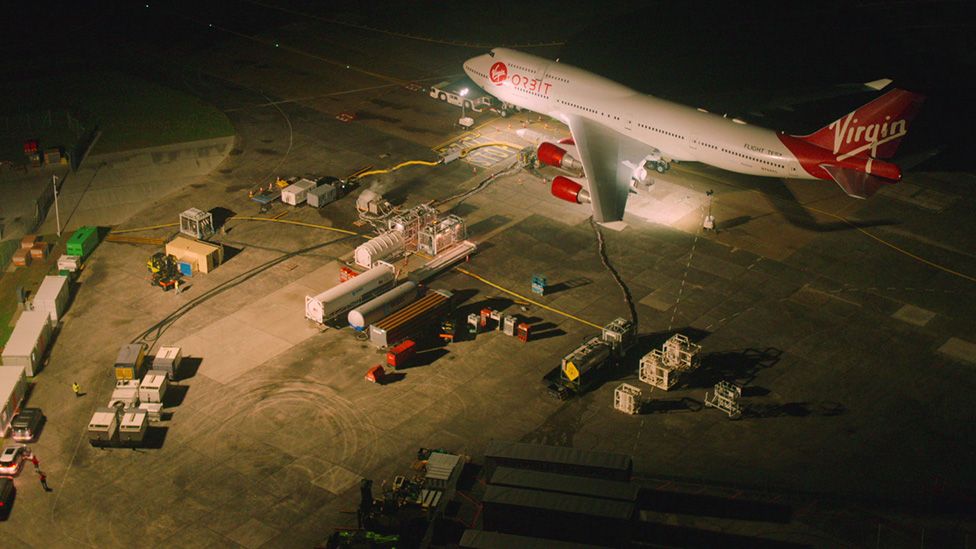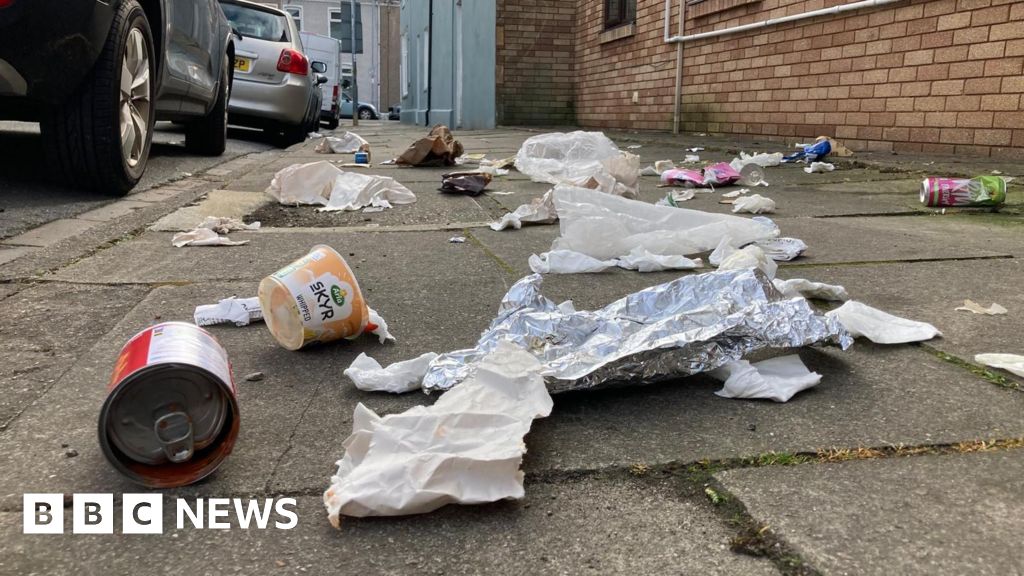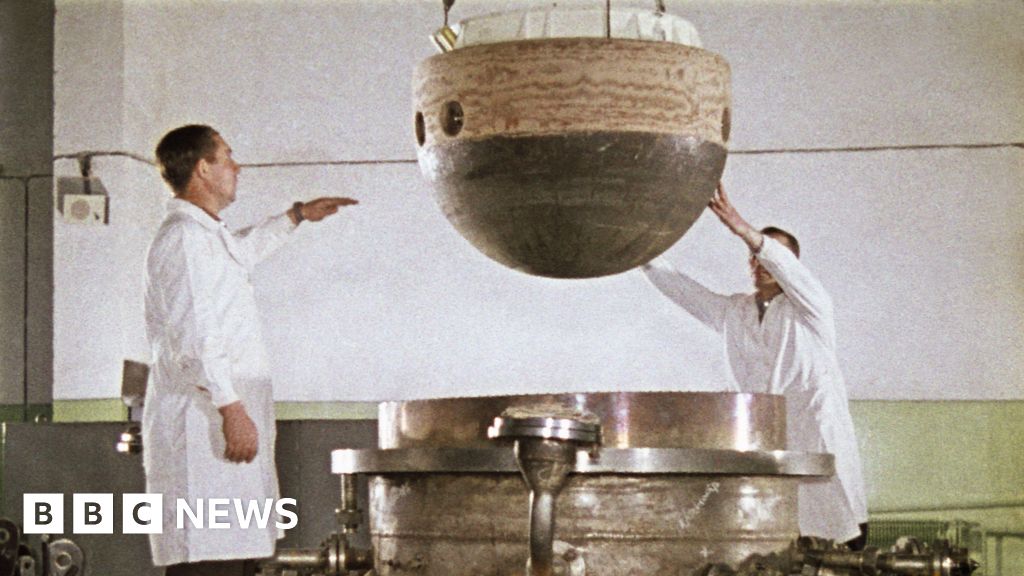ARTICLE AD BOX
 Image source, Spaceport Cornwall
Image source, Spaceport Cornwall
The jumbo and its rocket left Newquay at just after 20:00 GMT
By Jonathan Amos
BBC News Climate and Science
The first ever satellite mission launched from UK soil has ended in failure.
A jumbo jet operated by the American Virgin Orbit company carried a rocket out of Newquay, Cornwall, to release it high over the Atlantic Ocean.
The rocket ignited and appeared to be ascending correctly. But word then came from the company that the rocket had suffered an "anomaly".
The satellites it was carrying could not be released, the statement said.
The Virgin Orbit system is relatively new. It's only been in operation since 2020.
It suffered a failure on its maiden outing but this was followed up by four successful flights.
Matt Archer, the launch director at the UK Space Agency, said the issue occurred in the upper segment of the rocket.
"The second-stage engine had a technical anomaly and didn't reach the required orbit," he explained.
"That's now part of an investigation by Virgin Orbit and a number of government departments," he told BBC News.
More than 2,000 spectators and VIPs had gathered at Cornwall Newquay Airport to watch the 747 leave. They drifted away as news filtered through that something had gone wrong.
Rockets have been sent to space from the UK before, but not to put satellites in orbit. Those earlier efforts were part of military exercises or for atmospheric research and the vehicles involved came straight back down.
Internationally renowned for making satellites of all sizes, the country's space industry has always had to send its products to foreign spaceports to get them into orbit.
Adding a launch capability means the sector will in future be able to do everything from first design through to mission operations.
Monday night's failure is a blow to all those involved: Virgin Orbit, the satellite owners and Spaceport Cornwall which organised the flight.
"It's been really emotional," said Melissa Thorpe, who heads the organisation.
"We put so much into this, everybody has, so it is absolutely gutting. But it's space and the cliché is it's hard. We know it's hard."
Aircraft and shipping have been told to stay out of the launch zone
Related Internet Links
The BBC is not responsible for the content of external sites.

 2 years ago
89
2 years ago
89








 English (US) ·
English (US) ·